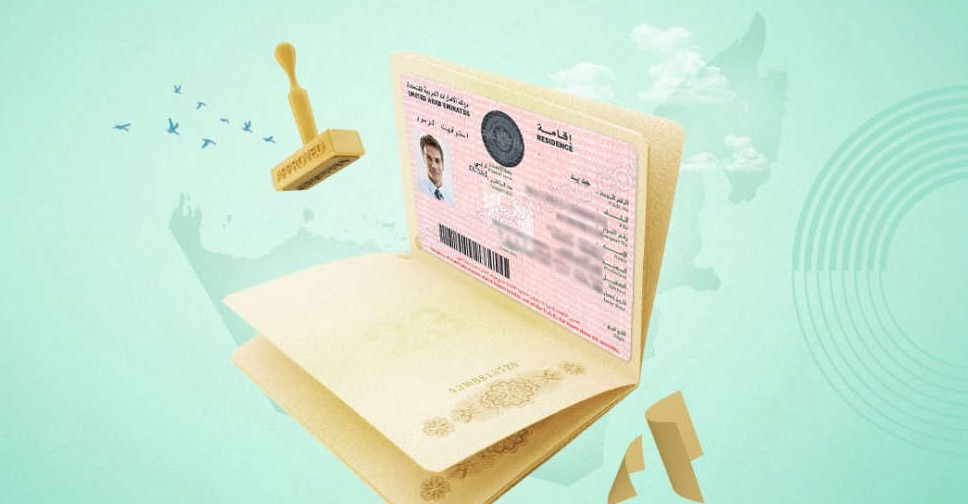
Oil and natural gas looks set to be the US energy industry hit hardest by President Donald Trump’s clampdown on immigration given its far-reaching geographical footprint and international workforce. Countries targeted by Trump’s travel ban may in future be less willing to work with a US company, said Michael Webber, deputy director of the Energy Institute at the University of Texas at Austin. Moreover, supervisors in Houston could be prevented from visiting employees and clients in nations affected by the executive order. “Oil and gas is going to have the most heartburn from this,” Webber said in a phone interview. “Other parts of the energy sector, like the electricity sector, are more domestically situated with its workforce and its assets.” The crackdown sets new barriers to entry for people from Syria, Iraq, Iran, Sudan, Somalia, Yemen and Libya. Refugees, visa holders and permanent US residents were all among those affected, at least initially, although court orders have blocked parts of the plan. The President said it was intended to allow the US to improve screening against terrorists seeking to enter the country. The ban could have long-lasting consequences by depriving the industry of its next generation of leaders if some students are prevented from studying in the US. "If we can’t get them here to get educated, it’s harder to get them here to work,” Webber said. “If the best students in the world aren’t joining the American workforce, then they will go somewhere else." And while renewable energy companies depend on global manufacturing, they aren’t as reliant on foreign countries for their US workforce, he said, adding that they’d be more sensitive to a potential trade war than an immigration ban. (Ryan Collins/Bloomberg)

 Dubai summit to tackle urban challenges, future-ready cities
Dubai summit to tackle urban challenges, future-ready cities
 GITEX expands to Latin America
GITEX expands to Latin America
 EU fines Gucci, Chloe and Loewe for fixing resale prices
EU fines Gucci, Chloe and Loewe for fixing resale prices
 Google to invest $10 billion in data centre and AI project in India
Google to invest $10 billion in data centre and AI project in India
 Dubizzle to offer 30% stake in Dubai IPO
Dubizzle to offer 30% stake in Dubai IPO




